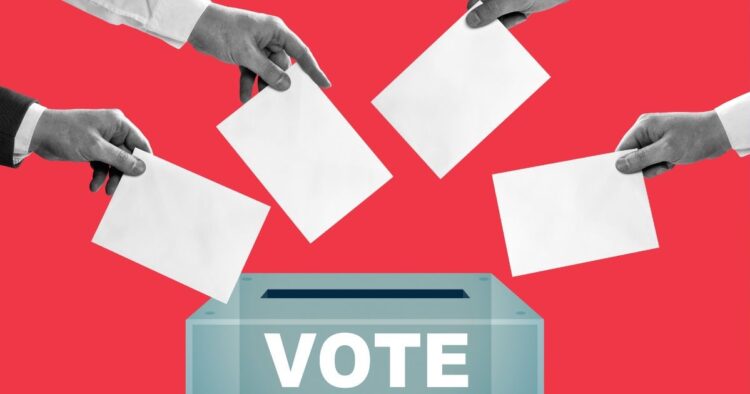A recently declassified intelligence report sheds light on increased interference efforts by China, Russia, and Iran in the 2022 US midterm elections compared to 2018. Although no evidence of a directive from foreign leaders was found, the report points to a higher level of foreign activity. Notably, China displayed a greater willingness to engage in election influence activities than in previous cycles.
The intelligence community (IC) detected a diverse and growing group of foreign actors involved in such operations. The report suggests that geopolitical risk calculations, normalized election influence activities, low costs, and potentially high rewards contribute to the heightened foreign involvement. Rather than attempting to access election infrastructure or change votes, foreign meddlers are now focused on amplifying authentic US narratives to influence electoral outcomes and sow societal divisions.
With high confidence, the IC concludes that Russia sought to denigrate the Democratic Party and undermine confidence in the election, likely to diminish US support for Ukraine. The Kremlin conducted extensive research on US audiences to aid in their election meddling efforts, identifying target demographics, narratives, and platforms.
China, with tacit approval, attempted to influence select midterm races against politicians perceived as anti-China. The report suggests that China’s increased efforts to magnify US societal divisions may be a response to perceived US attempts to promote democracy at China’s expense.
Iran, with moderate confidence, sought to exploit perceived social divisions and undermine confidence in US democratic institutions. However, internal unrest likely constrained Iran’s efforts due to limited resources.
The report also mentions Cuba’s smaller-scale and narrowly targeted efforts in Florida, focusing on shaping impressions of US politicians seeking reelection. While China, Iran, and Russia took more significant steps, Cuba’s activities aimed at influencing candidates in Florida and shaping perceptions of other US politicians.

















Comments